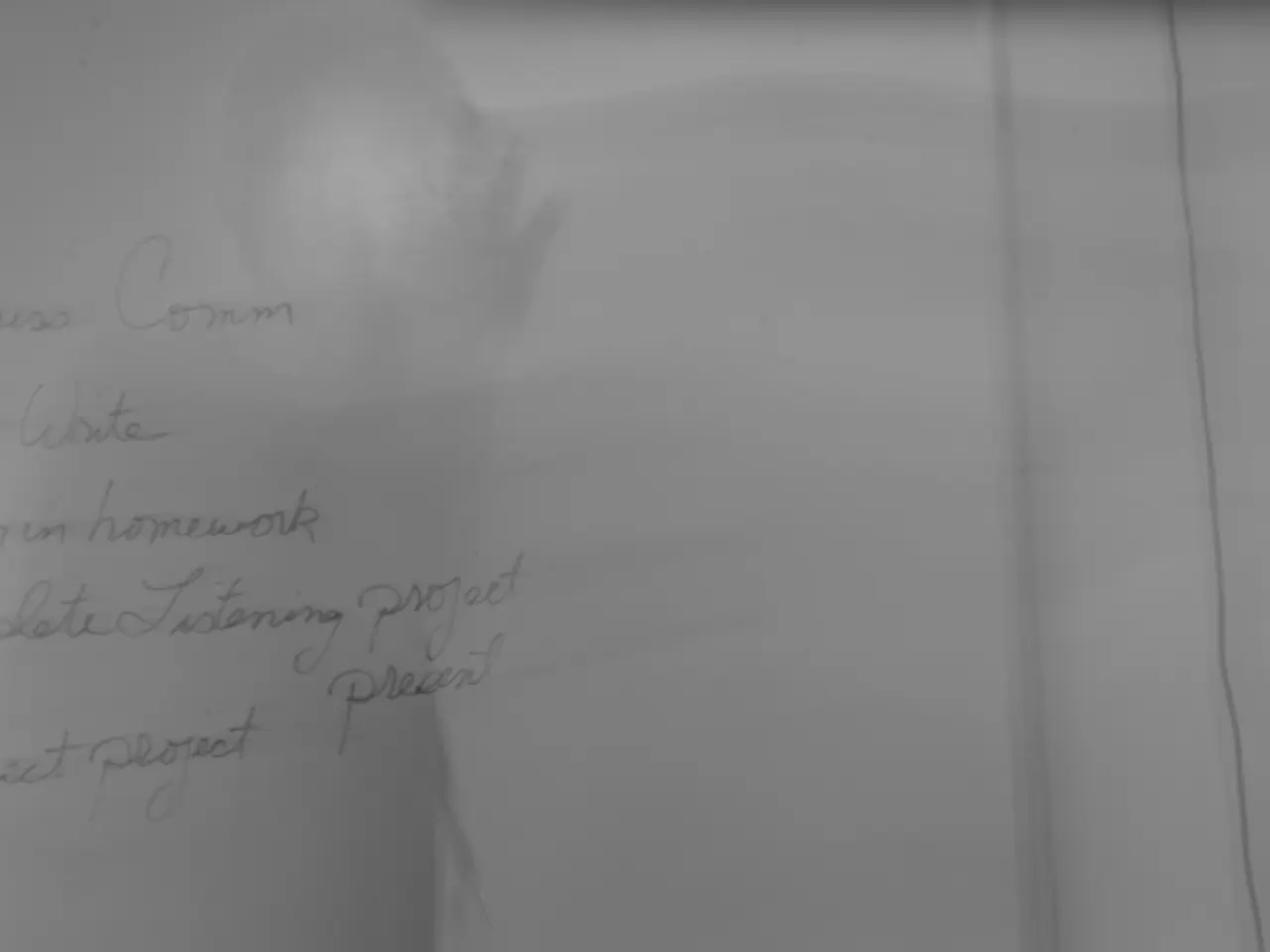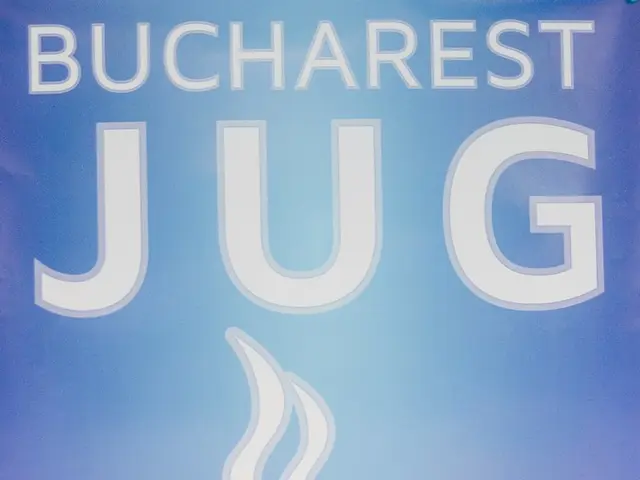Uniswap's LP Fee Vote Splits its Community After Initial Poll Conclusion
In a recent vote, the Uniswap Decentralized Autonomous Organization (DAO) narrowly missed reaching a decision on implementing fees for liquidity providers. The proposal, titled "Making Protocol Fees Operational," was put forward by GFX Labs on May 10.
The vote saw a close contest between those in favour of no fees and those supporting a charge. While 45.32% of votes were cast in favour of no fees, a slightly lower 42.34% supported a charge of one-fifth of the fees received by liquidity providers. An additional 12.3% voted for a fee charge of one-tenth, and 0.04% voted for one-sixth.
The aim of the proposed fees was to collect funds from liquidity providers and allocate them to a project treasury. However, the "no fee" camp emerged victorious, suggesting that proponents of a protocol fee could have succeeded had they united around a specific fee percentage.
The Uniswap exchange, which operates across multiple jurisdictions globally, is governed by the Uniswap DAO, which comprises holders of the Uniswap token. Despite this, UNI token holders, who theoretically own the protocol, do not receive any portion of the fees collected.
Some opponents argued that fees should not be enacted until Uniswap governance becomes a legally incorporated entity or a decentralized "flow of funds" is established to directly distribute revenue to UNI holders. Others raised concerns about potential tax and regulatory implications for UNI holders if fees were implemented.
The vote served as a non-binding preliminary ballot, acting as a "temperature check" with room for further refinements and discussions in the future. The outcome of the vote does not preclude the possibility of future proposals regarding fees being brought forward.
In other news, Uniswap has expanded onto additional networks. On April 14, the exchange deployed to the Polygon zkEVM network, and on May 17, it launched a Moonbeam Polkadot parachain version. These moves aim to increase the exchange's reach and accessibility.
As the Uniswap DAO continues to evolve, the question of fees remains a topic of ongoing debate among its community of token holders. The close vote on the recent proposal suggests that the issue is one that is deeply divided, and further discussions and refinements are likely to be needed before a consensus can be reached.
Read also:
- Electric-powered vessels take to the waters of Maine
- Elon Musk accused by Sam Altman of exploiting X for personal gain
- Comparing the value of top electric scooters: Kinetic DX versus Bajaj Chetak versus TVS iQube - Which one offers the best bang for the buck?
- American Eagle's risque promotional effort featuring Sydney Sweeney leads to the brand being categorized as a 'trendy stock' among teenagers.







